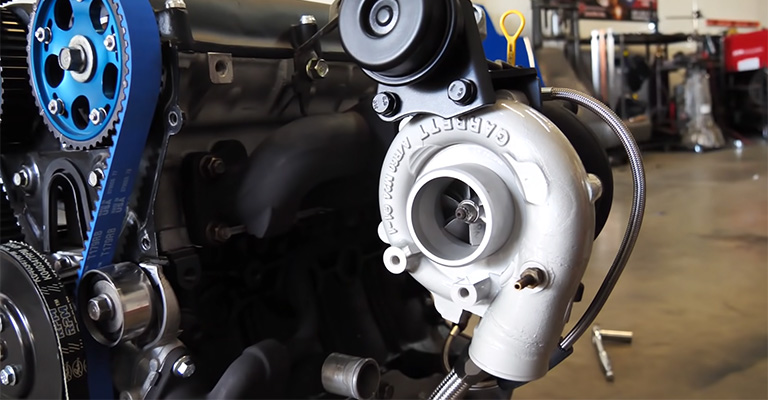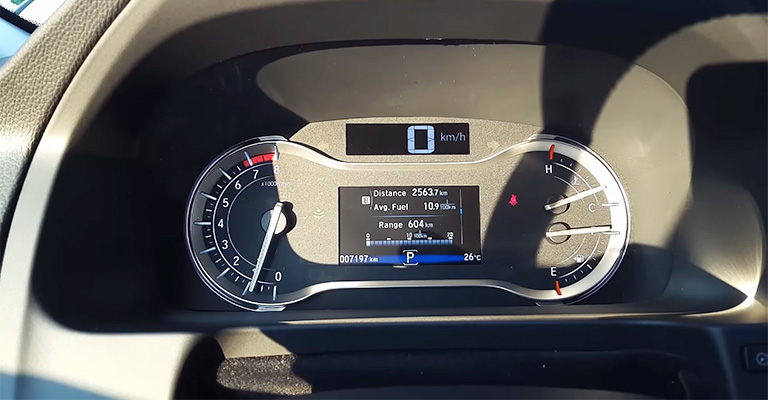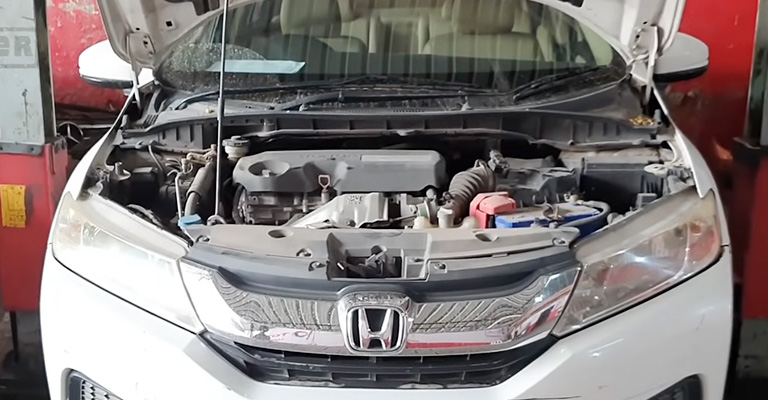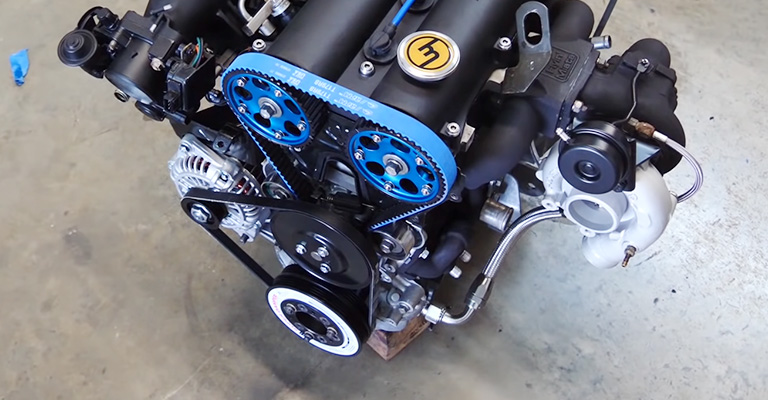A turbo is responsible for a vehicle engine’s efficiency and performance. Hence, the maintenance of its compression must be done ideally.
So the question is, is high compression good for a turbo? Undoubtedly, the thermal efficiency can be increased when engine compression is higher. A boosted compression ratio also allows the engine to gain higher energy while the vehicle is on the run.
However, a major drawback of a high compression rate is the higher pressure car’s cylinder needs to endure. So, considering both upsides and downsides, is high compression good for turbo? Let’s find out.

Why Is High Compression Good for Turbo?
Despite the extra pressure on the cylinder, there are various ways your vehicle can be benefited from a higher compression ratio. When the compression ratio is higher, more torque is produced by the engine.
Alongside improvement of power and fuel efficiency, the vehicle can be benefited in various other ways too.
Achieving more Power
The ultimate purpose of introducing a higher compression ratio is to achieve more power. As higher compression combines fuel and air with force, the overall combustion procedure produces extra power and horsepower.
However, the overall procedure works best when your car’s fuel source is octane. The octane requirement is higher while achieving boosted power from high compression.
More Fuel Efficiency

For engines, a higher compression ratio (CR) is advantageous. That’s because a larger ratio, which has superior thermal efficiency, enables an engine to extract more energy from the combustion process.
Less fuel can be used to attain the same combustion temperatures when the compression ratio is higher. As a result, the expansion cycle lasts longer, more mechanical power is produced, and the exhaust temperatures are lower.
Benefits of Thermal Efficiency
Undoubtedly, maintaining an ideal temperature for the engine is important for the overall vehicle’s health, including the turbo. As mentioned before, high compression helps to improve thermal efficiency. Thermal efficiency is responsible for maintaining a proper engine temperature.
It doesn’t lower energy use and expenses but also allows building managers more control over room temperature, enhancing tenant comfort.
The Advantage in Diesel Engines

When it comes to a diesel engine, a higher compression rate indubitably is the ideal factor to chase. The engines in diesel engines are usually built with higher compression rates and the vehicles are heavier in weight.
Just like the vehicle, the size and capacity of the cylinder are larger too, which leads to lower pressure in it. Overall, for a diesel engine vehicle with a turbo, a high compression rate can be very helpful.
Improvement in Torque and Power
Efficiency, torque, and power are all directly influenced by the compression ratio. The maximum pressure is inversely related to the compression ratio in the fundamental four-stroke power equation PLAN, where P is the average pressure.
For a nominal compression ratio of 10:1, in real life, each additional point of increase, such as going from 10:1 to 11:1, increases power and torque by about 2.5%.
Why is High Compression Not Good for Turbo?

Although there are plenty of advantages to adding a high compressor to your vehicle engine, there are some disadvantages. The disadvantages include cylinder health, detonation, and many others. Let’s find out the risks of high compression for your turbo:
Pressure on Cylinder
The compression and procedure of air and fuel mixture take off a lot of energy, which puts pressure on the cylinder. The maintenance of cylinder health is important for the overall experience in your vehicle.
Due to their inability to move coolant through, over-pressurized cylinders cause internal combustion engine components to overheat and warp in shape.
Higher Chance of Engine Damage
The likelihood of the engine knocking is increased. All parts experience significant stresses, and if they are not properly constructed, they could prematurely fail.
Modern motorbike engines are very well thought out and provide high compression without sacrificing engine life. They are essentially mechanical marvels created by excellent engineers.
Conclusion
To achieve higher fuel efficiency and more engine power, high compression can be great for turbo. In many ways, it also benefits the car’s health; for example, it improves thermal efficiency, which is connected to engine heat.
However, confusion still stays when it comes to the question, “Is High Compression Good for Turbo?”. It is because of the drawbacks you must be aware of. You must make your decision after knowing both the positive and negative sides of high compression.




